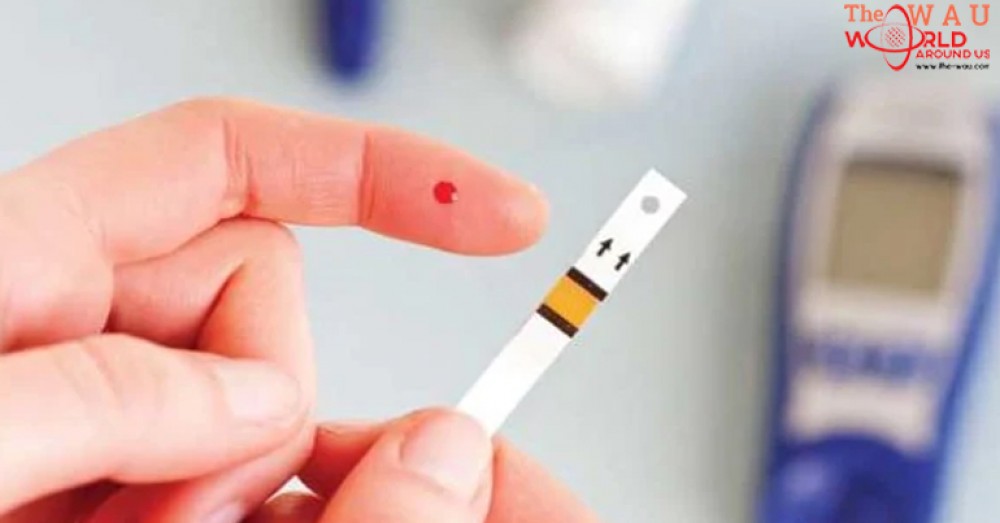Low blood sugar, also known as hypoglycemia, can be quite a dangerous condition. It is common among people who have diabetes and can occur even if you are managing it well. Hypoglycemia happens when the amount of blood glucose (the sugar in your blood) drops to a very low level, affecting your body's normal functioning. This is often defined as a blood-sugar level below 70 mg/dl.
A 2015 study published in the Journal Plos One shows that hypoglycemia is more common in people with type 2 diabetes or those who take insulin. When your blood sugar levels become low, it can cause short-term complications like dizziness, and if left untreated, it can lead to a coma.
According to Professor Upendra Kaul, Dean and Executive Director of Clinical Research and Academics at Fortis Escorts Hospital in New Delhi, the following are some common causes for the blood sugar to drop suddenly –
1. Taking medication but not eating on time.
2. Taking a higher dose of the medicine prescribed.
3. Sedentary lifestyle or no physical activity.
4. Kidney disease which reduces the excretion of drugs taken to manage diabetes.
5. Fever or similar illness that increases catabolism and the diabetes drug becomes too effective.
In some cases, you may not be able to recognise the symptoms for low blood sugar, which is why it is important to be aware of it.Here are some pointers -
1. Increased hunger: If you feel you’ve eaten your complete meal but are still not satisfied or if you get sudden food cravings, it may signal that your body needs more glucose.
2. Feeling anxious: When your blood sugar levels dip, your adrenal glands release a hormone called epinephrine, which signals the liver to make more glucose. This can cause a sudden adrenaline rush which may increase anxiety.
3. Inability to concentrate, confusion and irritability are also some common symptoms.
4. Low blood sugar may also affect your motor actions with symptoms like slurred speech or unsteadiness when standing or walking. In certain case, your vision may suddenly become blurry.
5. Nocturnal hypoglycemia is very common and is characterised by sleep disturbances, sweating at night, sleep walking and feelings of unrest and confusion on waking up. You may also wake up with a headache in the morning if your blood sugar levels dipped at night.
.jpg)
6. Shakes, tremors or seizure: Low blood sugar tends to affect your central nervous system. To manage that, it releases catecholamines. These chemicals boost glucose production but may also cause these symptoms.
7. Dizziness or light-headedness: In this case, you should immediately lie down to avoid hurting yourself. In some case, people tend to lose consciousness.
8. Emotional outburst: Mood swings or emotional episodes like crying or anger are common. These are some of the neurological symptoms of low blood sugar.
...[ Continue to next page ]
Share This Post












